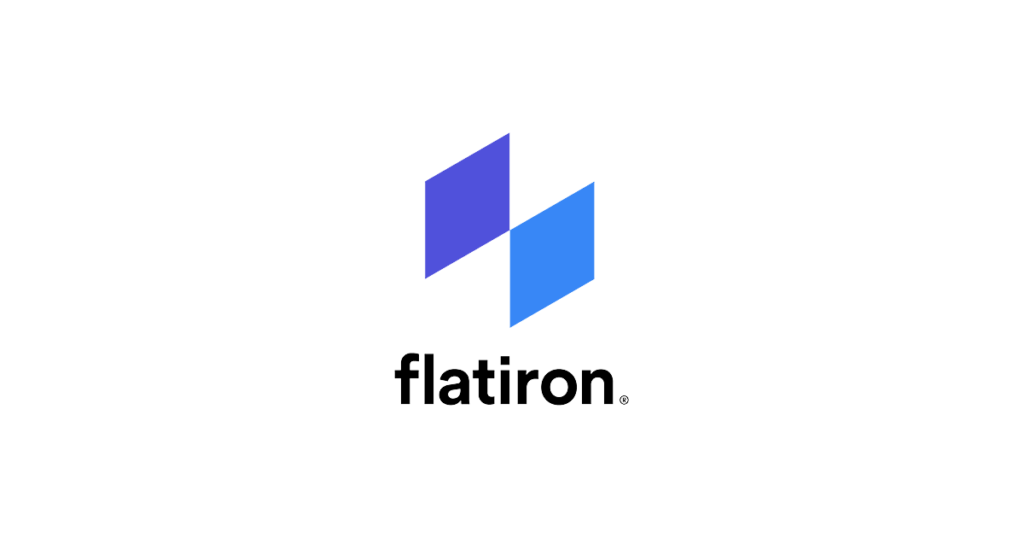
Flatiron Health Triples Global Oncology Research Network to Power Multinational Real-World Evidence Generation
Flatiron Health, a healthtech company pioneering the use of real-world data (RWD) to transform cancer care and accelerate oncology research, has announced a significant milestone: the tripling of its international oncology research network across the United Kingdom, Germany, and Japan within just a year. This expansion marks a pivotal moment in the company’s effort to foster global collaboration and drive multinational cancer research using high-quality, representative real-world evidence (RWE).
The rapid expansion of Flatiron Health’s network demonstrates the increasing demand for real-world oncology data that reflects the clinical realities of diverse patient populations, care delivery models, and therapeutic approaches. By building a globally integrated research ecosystem, Flatiron aims to address critical data gaps and empower academic institutions, clinicians, and biopharma organizations with the evidence needed to inform policy decisions, optimize treatments, and ultimately improve patient outcomes.
Building a Truly Global Research Ecosystem
Flatiron Health began its international expansion to confront the growing need for localized, yet standardized, oncology RWD that can be used both for national healthcare improvements and cross-border research. In just five years, the company has built a global research network consisting of more than 30 prominent academic medical centers, hospitals, universities, and community oncology clinics across Europe and Asia.
This expanded footprint includes leading institutions such as:
- United Kingdom: Leeds Teaching Hospitals NHS Trust, University Hospitals of Leicester NHS Trust, and Newcastle Hospitals NHS Foundation Trust.
- Germany: Klinikum Stuttgart and collaborators like University Hospital Essen.
- Japan: National Cancer Center Hospital East, National Cancer Center Hospital, Nagoya University Hospital, Aichi Cancer Center Hospital, and the Institute of Science Tokyo Hospital.
These organizations contribute de-identified patient-level data to Flatiron Health’s real-world oncology database, enabling high-fidelity research that supports both country-specific and international insights.
“Our partners are already unlocking answers to complex research questions—answers that traditional data sources can’t support,” said Nathan Hubbard, Chief Business Officer at Flatiron Health. “The unprecedented expansion of our global network will continue to support improvements to local cancer patients’ care and novel multinational research—fundamentally changing what’s possible for our partners and the patients they serve.”
Fueling Innovation with Multinational Research
To support the generation of rigorous, scalable RWE, Flatiron Health developed its Trusted Research Environment (TRE), powered by Lifebit CloudOS. This secure, cloud-based research platform allows access to de-identified patient data at scale while maintaining compliance with country-specific data governance requirements. It provides researchers across different geographies with a unified but locally controlled environment to conduct meaningful analyses.
Using its TRE, Flatiron has enabled a growing portfolio of multinational studies. Over the past two years alone, the company has contributed to seven research studies that leveraged real-world data from its international network. These studies have been published in major peer-reviewed journals and presented at prestigious global oncology conferences, such as ASCO GU and ESMO Real World Data and Digital Oncology.

One recent study, co-authored by Flatiron Health’s internal team of software engineers, medical oncologists, and data scientists alongside external collaborators in the UK, Germany, and Japan, characterized how local oncology data could be harmonized and analyzed across borders. The research demonstrated that with Flatiron’s TRE, international real-world cohort studies can be conducted with methodological rigor and regional specificity.
“This work enables global researchers with tools to investigate treatment patterns and outcomes across diverse healthcare systems,” the authors noted, “fostering high-quality, multinational evidence generation.”
Representativeness and Equity in Oncology Data
Flatiron Health’s mission hinges on the principle of representation—ensuring that oncology research reflects the diversity of patients receiving care in real-world settings. Many traditional oncology datasets, such as clinical trials and legacy registries, fall short in this regard due to narrow inclusion criteria or outdated information. By contrast, Flatiron’s RWD incorporates data from both academic and community practices, offering a broader and more realistic snapshot of patient journeys, treatment pathways, and disease progression.
Dr. Hideaki Bando, Chief of the Division of Drug and Diagnostic Development Promotion at Japan’s National Cancer Center Flatiron Health East, emphasized this point:
“Flatiron is committed to building research cohorts that are reflective and representative of real-world oncology populations and local care standards. Increased understanding of how different cancers impact different geographical areas is critical to generate robust evidence to inform targeted treatment strategies worldwide.”
Flatiron FORUM: Expanding the Borders of Evidence
Despite Flatiron Health’s growth in the UK, Germany, and Japan, the company recognizes that many regions still lack access to timely, high-quality oncology data. In response, Flatiron launched the Flatiron FORUM (Fostering Oncology RWE Uses and Methods)—a global consortium that brings together academic and industry stakeholders to collaboratively develop methodologies, co-create research use cases, and rigorously evaluate the transportability of real-world evidence across countries and healthcare systems.
FORUM participants work jointly on studies that explore the generalizability of oncology data between different populations and regulatory environments. The goal is to bridge the evidence gap for countries not currently represented in Flatiron’s core network, while also tackling broader challenges in health technology assessment (HTA), regulatory science, and global patient access.
“Flatiron’s real-world data is a powerful complement to the UK’s cancer registries,” said Professor Geoff Hall, Consultant Oncologist at Leeds Teaching Hospitals NHS Trust. “It adds new clinical depth and recency that help fill critical evidence gaps. Through the combined strength of Flatiron’s global network and the Flatiron FORUM, we are unlocking richer insights for both local innovation and multinational research—ultimately supporting more informed clinical breakthroughs, regulatory decisions, and better outcomes for patients across the UK and worldwide.”
Transforming the Future of Oncology Research
Flatiron’s global expansion also enhances its ability to support a wide array of research needs—from clinical decision-making and comparative effectiveness research to market access and post-marketing surveillance. As its network grows, Flatiron plans to integrate increasingly diverse data types, such as genomic information, biomarker testing, and patient-reported outcomes, into its TRE platform to support more personalized, actionable insights.
Importantly, this broader and more nuanced RWE foundation aligns with evolving global regulatory and HTA expectations. Agencies such as the EMA, PMDA, and NICE are increasingly turning to real-world evidence to inform policy decisions and supplement clinical trial data—especially in areas like rare cancers, precision medicine, and long-term outcomes.
“By leveraging this expanded real-world evidence—which spans from understanding standards of care and treatment patterns to informing HTA and regulatory decisions—this momentum is improving cancer care for patients worldwide,” Hubbard added.
Flatiron’s international expansion is not only about adding more data, but about transforming how oncology research is conducted—more collaboratively, more representatively, and more globally than ever before. By building a harmonized and compliant infrastructure for real-world evidence generation, Flatiron is empowering researchers, clinicians, and policymakers to answer questions that were previously out of reach.
As it deepens its footprint in the UK, Germany, and Japan—and potentially expands to other geographies—Flatiron remains committed to democratizing access to high-quality, real-world oncology data. This will help ensure that the benefits of modern cancer research are more equitably distributed across patients, regardless of where they live.
For more information on Flatiron Health’s international research collaborations and the Flatiron FORUM, visit www.flatiron.com.





